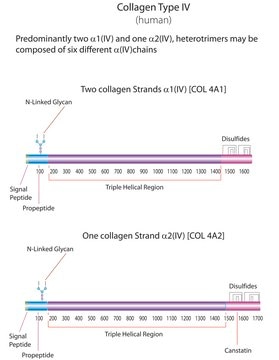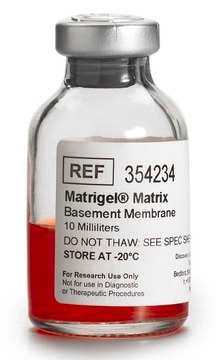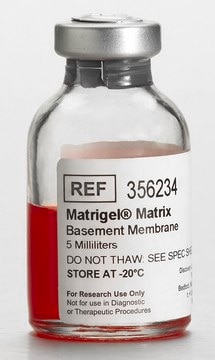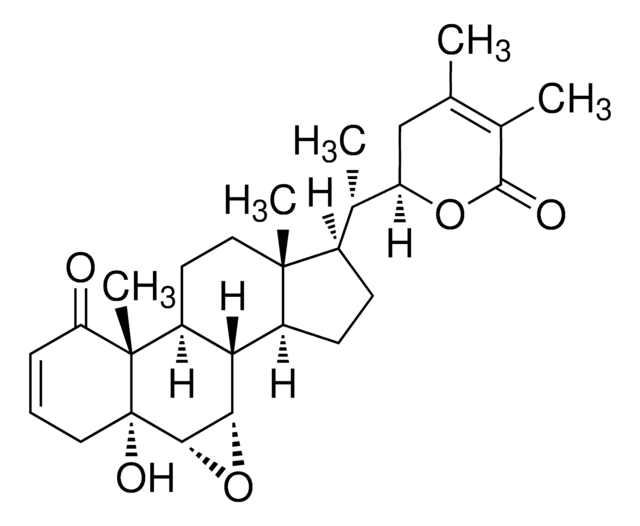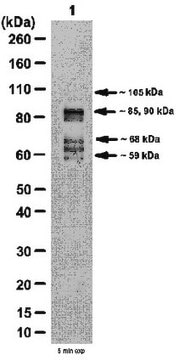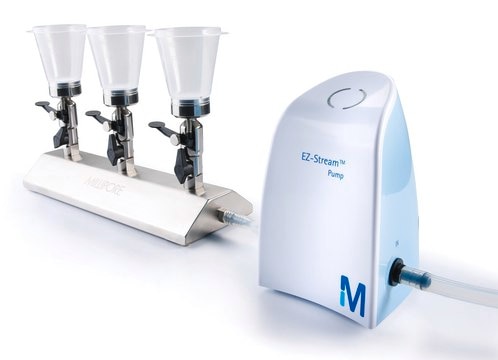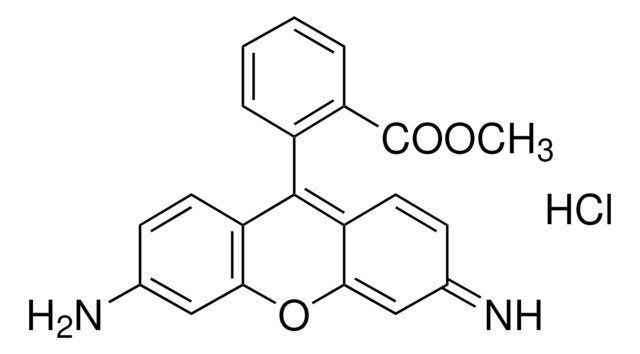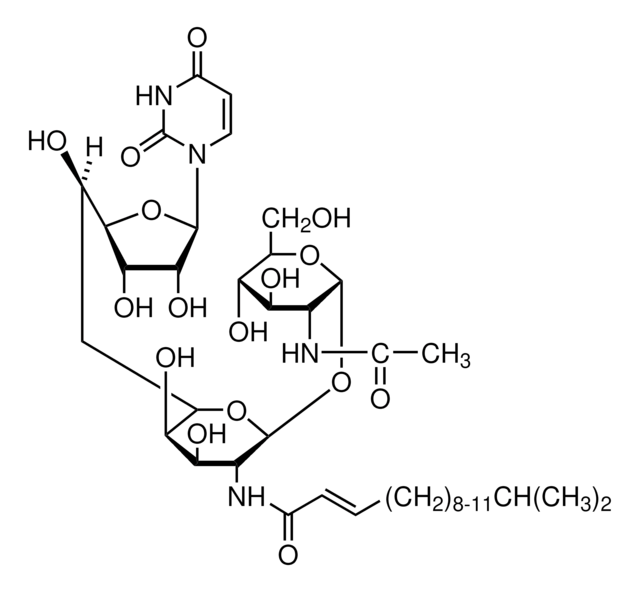ABN32
Anti-PDE9A Antibody
from rabbit
Synonym(s):
High affinity cGMP-specific 3′,5′-cyclic phosphodiesterase 9A
About This Item
Recommended Products
biological source
rabbit
Quality Level
antibody form
purified antibody
antibody product type
primary antibodies
clone
polyclonal
species reactivity
human, rhesus macaque, mouse
species reactivity (predicted by homology)
chimpanzee (based on 100% sequence homology), rat (based on 100% sequence homology)
technique(s)
immunohistochemistry: suitable (paraffin)
western blot: suitable
NCBI accession no.
UniProt accession no.
shipped in
wet ice
target post-translational modification
unmodified
Gene Information
human ... PDE9A(5152)
General description
Immunogen
Application
Neuroscience
Signaling Neuroscience
Immunohistochemistry Analysis: A 1:100 dilution of this antibody detected PDE9 in human prostate tissue, and in possible golgi type II and basket cells in the Purkinje and molecular layers of mouse cerebellum.
Quality
Western Blot Analysis: 0.5 µg/mL of this antibody detected PDE9A in 10 µg of human spleen tissue lysate.
Target description
Physical form
Storage and Stability
Analysis Note
Human spleen tissue lysate
Other Notes
Disclaimer
Not finding the right product?
Try our Product Selector Tool.
wgk_germany
WGK 1
flash_point_f
Not applicable
flash_point_c
Not applicable
Certificates of Analysis (COA)
Search for Certificates of Analysis (COA) by entering the products Lot/Batch Number. Lot and Batch Numbers can be found on a product’s label following the words ‘Lot’ or ‘Batch’.
Already Own This Product?
Find documentation for the products that you have recently purchased in the Document Library.
Our team of scientists has experience in all areas of research including Life Science, Material Science, Chemical Synthesis, Chromatography, Analytical and many others.
Contact Technical Service